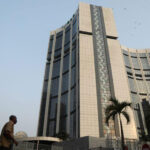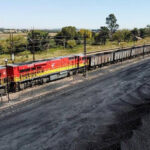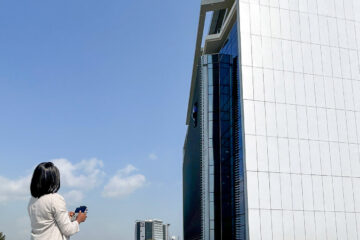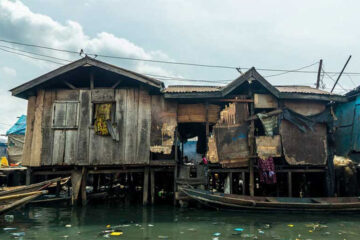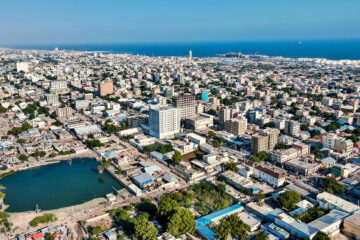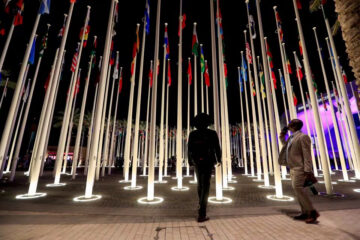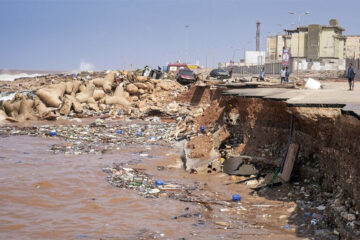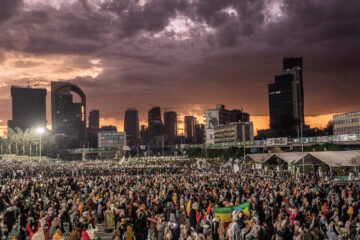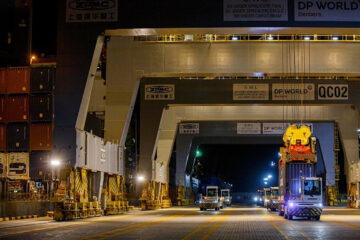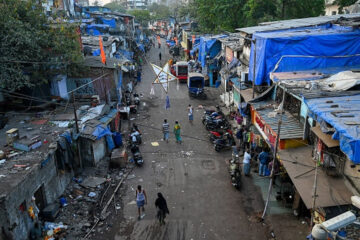THE Democratic Republic of Congo (DRC) is the latest African country to initiate plans to refurbish its rail network after entering into a multi-million dollar project with the Africa Finance Corporation to renew Kinshasa’s mass rail transit system.
The Africa Finance Corporation (AFC) and Trans Connexion Congo (TCC) will jointly develop the rail network, covering a linear route of 300km of the railroad in Kinshasa.
According to Amadu Wadda, Senior Director, Project Development & Technical Solutions at Africa Finance Corporation, “the project aims to rapidly industrialise DRC’s capital city, Kinshasa, through its rail transportation system.”
“The project will support local job creation with 1500 direct and indirect jobs at the construction and operational phases, transforming the lives of citizens and boosting DRC’s economic growth,” he explained.
The four-phased project will see the AFC fund the first phase, to facilitate the development of a 25km rail connection from the central station of Kinshasa to the city’s N’Djili International Airport.
The second phase will be a 75 km-long line along the main arteries of Kinshasa; the third, a peripheral line around Kinshasa, will be 90 km, and the last phase will stretch from N’Djili Airport to the commune of Maluku and will be 80 km long.
The project will provide a transport solution to over 16 million residents in the country’s capital, within in 24 months.
The University of Toronto Global Cities Institute’s 2022 report indicates that Kinshasa and Dar es Salaam are on track to join Lagos as the world’s three most-populated cities by 2100.
Modernising the city’s rail system is a build-up to the much-anticipated Afrail Express rail system that will connect Cape Town to Casablanca via Windhoek, Luanda, Lusaka, Kinshasa, Lagos and Dakar.
Construction for phase one of the over 430km/hr high-speed rail system is slated to begin in May 2024.
This latest development adds to the long list of recent and anticipated efforts by different countries to diversify their transport systems.
Lagos recently unveiled the first phase of the Blue Line project, the first metro rail system with a sea crossing in Africa, according to the Lagos Metropolitan Area Transport Authority.
The 27 km rail system is expected to carry more than 500,000 passengers upon completion. The first phase traverses five stations, covering a distance of 13 km and can move 250,000 passengers daily.
Tanzania’s government is also seeking more private sector investments in its commuter train operations in Dar es Salaam to reduce operating costs.
Speaking with journalists on 15th February 2023, Tanzania Railway Corporation Director General, Kadogosa Masanja, said, “partnership is the only solution to improve urban commuter train services, which are urgently needed due to increased population.”
Tanzania has continued to revamp its entire public transport sector, with the third phase of a Bus Rapid Transit system (BRT) Project in progress.
Besides upgrading major and feeder roads in the city, Dar Rapid Transit Agency operates a fleet of more than 300 buses.
Egypt is also banking on light rail transit to ease commuting in Cairo.
Cairo Monorail, set to start operations later this year, is considered the longest monorail network in the world (at 100km). Upon completion, it is expected to transport 45,000 passengers per hour in each direction.
In Mauritius, the first 3 phases of the 26 km light rail project, Metro Express, which began commercial operations in January 2020, are operational.
The fourth phase, which will stretch roughly 10 to 15 kilometres from Reduit to Cote d’Or through St. Pierre, has already received funding, according to the country’s Prime Minister Pravind Kumar Jugnauth.
According to the World Bank, Maputo and Dakar could soon register significant progress in their BRT bus rollouts.
The World Bank is funding the development of the BRT corridor in Dakar with the potential to ferry about 300,000 passengers daily.
“This is with reduced construction costs, a high-capacity, high-quality bus fleet, and strong integration with the existing public transport system,” Franck Taillandier, Senior Urban Transport Specialist at The World Bank, notes.
The Dakar project is expected to start by June 2023.

